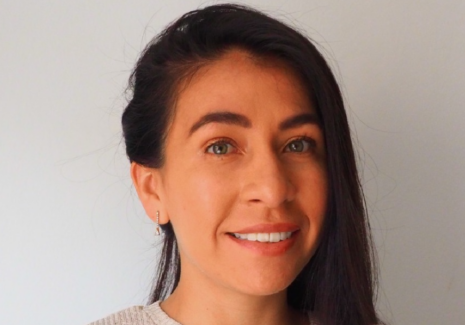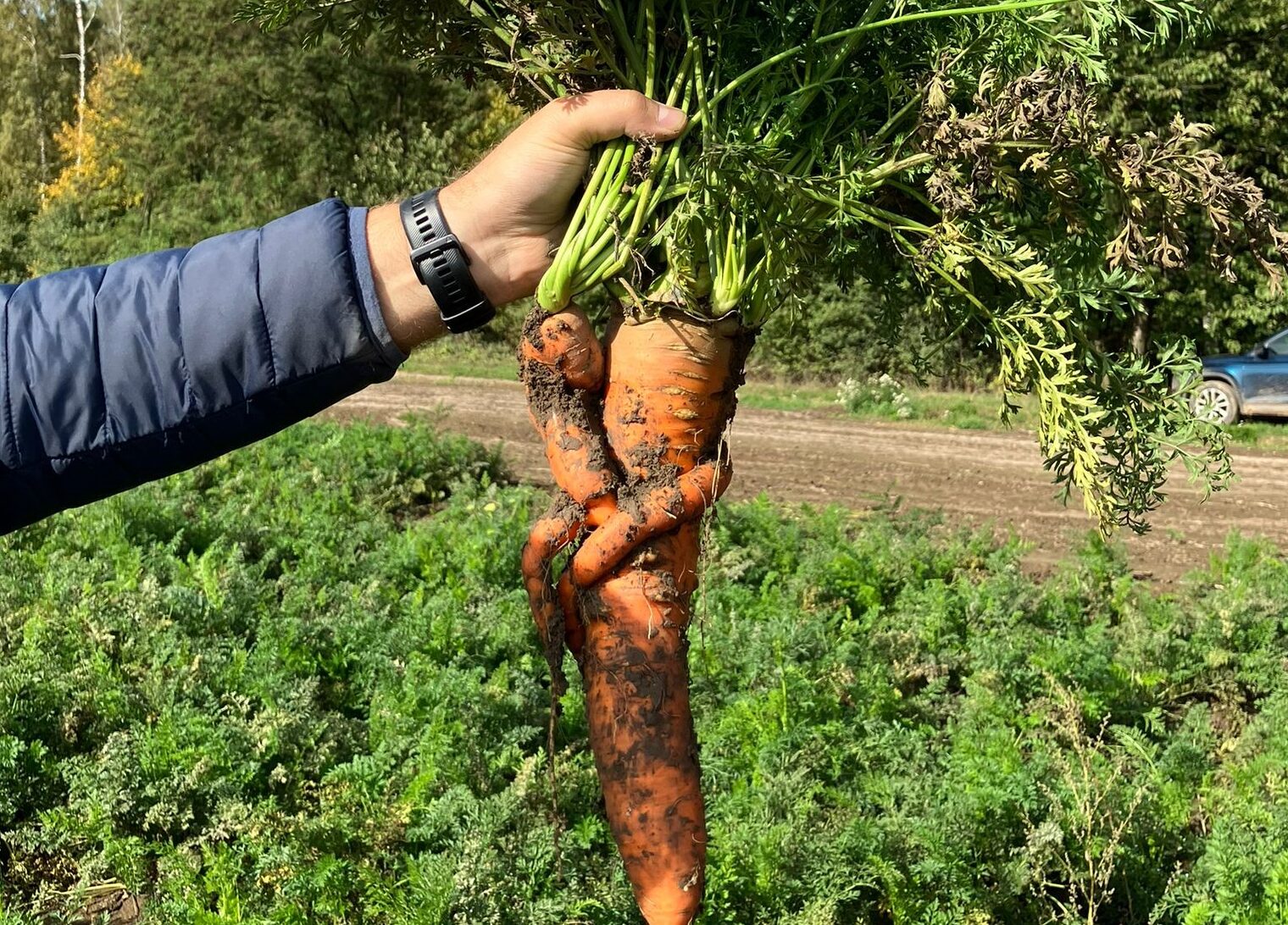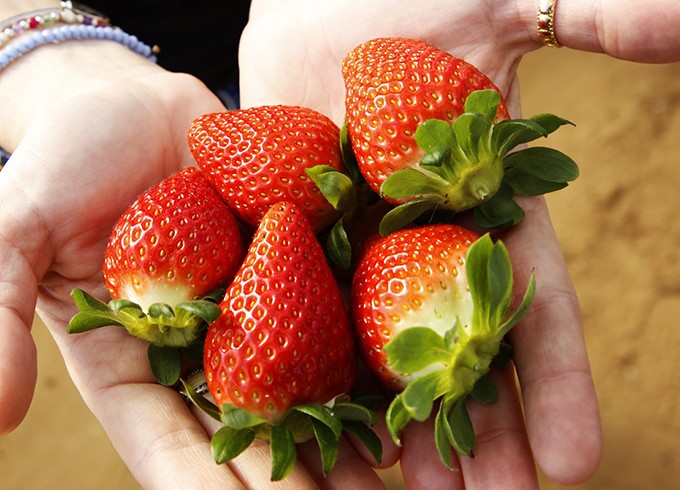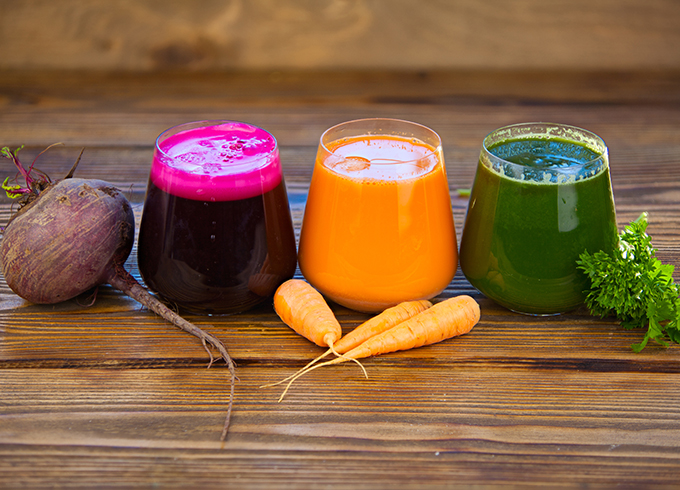Unearthing sustainability insights with Silvi Navarrete, SVZ’s new Sustainability Manager

As you probably already know, at SVZ we‘re passionate about sustainability – and unsurprisingly, so is our Sustainability Manager, Silvi Navarrete! We catch up with Silvi to talk about her vision for a more responsible future, including her plans for overcoming food industry challenges and helping build a more eco-friendly agri-food sector. Go ahead, Silvi!
1. Can you tell us a bit about your professional background, and why you have chosen to pursue a career in the F&B sector/sustainable development area?
I’ve always been passionate about agriculture, especially because I’m from Colombia – a so-called ‘coffee country’. We’re a country that is dependent on farming, and we take pride in the quality and provenance of our ingredients. This interest took me to the Netherlands, where I studied agriculture and fell in love with the subject! Starting my career in a non-profit company, where I worked closely with startups in the agri-food sector, was a great way to hone my skills and get involved in innovative projects. I then moved to the corporate side, where I worked as a sustainability manager in the coffee industry – and the rest is history!
The food industry is so interesting to me: we eat three times a day (sometimes more!) and we don’t always stop to think, where is this food coming from? Sustainability has become my passion on a personal and professional level, and I’m committed to improving our agricultural processes to make them more efficient and climate positive. It’s why I love my new role: contributing to reducing greenhouse gas emissions by evolving the way we source delicious fruit and vegetable ingredients.
2. What are your priorities as Sustainability Manager at SVZ?
SVZ already has strong sustainability values, which is what first drew me to the company. My priority is to build on the projects already in place and bring everything together in a structured way. And perhaps most importantly, spread the word about the good work we are doing in fruit and vegetable ingredient production! It all starts from inside the company, so we recently launched our Sustainability Passport: a collation of all our current initiatives that everyone can access quickly and easily. With everything in one place, we can better communicate our values also to the external stakeholders and make sure we’re all on the same page.
We’re also going to start taking a more quantitative approach to our sustainability efforts, using data and key performance indicators (KPIs) to build a better picture of where we are – and crucially, where we want to be. The result is having more data available, on everything from water consumption to greenhouse gas emissions, to help us make better business decisions for our network of growers.
3. How would you describe the current state of sustainability across the agri-food supply chain?
Sustainability reporting has been required of large, public entities previously, but while there have been numerous reporting frameworks over the years – such as the Global Reporting Initiative (‘GRI’),
The Carbon Disclosure Project (‘CDP’) and Sustainability Accounting Standards Board (‘SASB’) – the industry was still lacking a consolidated set of guidelines. Now with the European Union’s new Corporate Sustainability Reporting Directive (‘CSRD’) legislation in place, more than 50,000 companies must report on set metrics and measurements, within a common reporting framework. This makes it easier to collect and compare information, all the while reducing the possibility of ‘greenwashing’.
The new regulation is a great start, but its implementation remains a little vague. While the CSRD itself does not impose a penalty for non-compliance, individual European member states can choose to hand down fines to companies they believe are dodging the directive. But now companies need to have their sustainability reports audited by a third party, it’s a positive step. Just like when the ISO standards first came into force that required factory audits, we expect this legislation to become the ‘gold standard’ across the industry. Watch this space!
4. What are the challenges in producing more sustainable fruit and vegetable ingredients?
It all comes down to what’s happening at the start of the supply chain: the farm. One of the biggest challenges we face is how we can support farmers in making the transition to more sustainable agricultural processes. Firstly, farmers need technical assistance to help them do their job in the best possible way. Secondly, farmers need resources to transition to more sustainable farming practices. But this means changing equipment and materials, which costs money and requires more resources. Next, farmers need financial resources to help them navigate these sometimes costly and risky transitions. Finally, they need to see peer-reviewed methods in action to motivate and trigger change. Generally, farmers listen to farmers – that’s why our goal is to start with small-scale projects to prove our concept and from there expand to work across a wider network.
At SVZ, we have a team of agronomy experts that work with our partner growers, offering practical advice at every stage of fruit and vegetable cultivation. We organise training sessions near to processing sites, where we bring farmers together to share experiences. These events are popular, bringing a sense of community, as they can discuss what is working on their farms – and where they need extra assistance. We’re also rolling out small-scale pilot programmes to provide resources and financial support to farmers.
5. Looking ahead: what are your goals and aspirations for SVZ’s sustainability programme over the coming years?
On a personal level, I’m keen to raise greater awareness of our sustainability initiatives internally, which will hopefully translate into actions. I’d like to decentralise sustainability, so that it can become embedded across the company – and hopefully encourage people to try new ways of working in daily life! Last year, we reached 55% sustainable sourcing in our supply chain – a great achievement – and in 2023 we expect to reach 60-70% with our current certification efforts. But we always have our eye on how we can do better and reach that next milestone. In fact, our main aim is to increase our percentage of sustainably sourced ingredients to 100% by 2030.
For more information on SVZ’s sustainability values, visit: Sustainable fruit and vegetable ingredients | SVZ.


